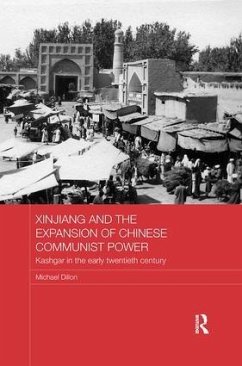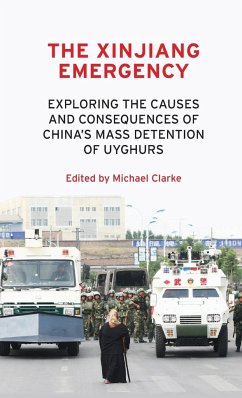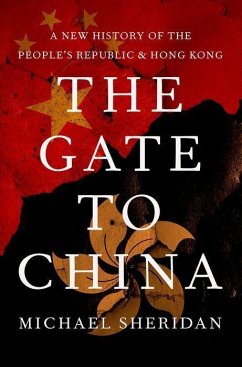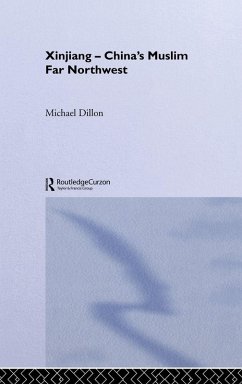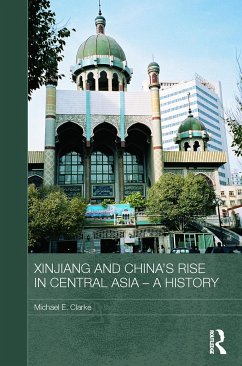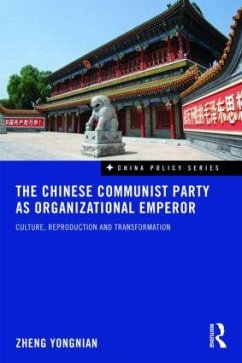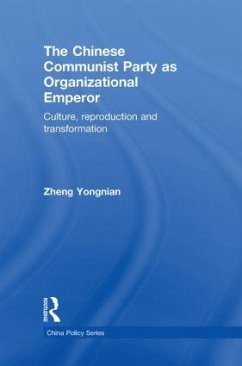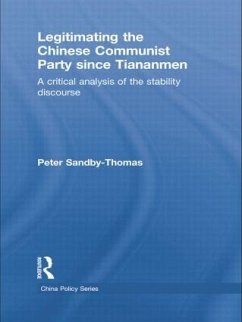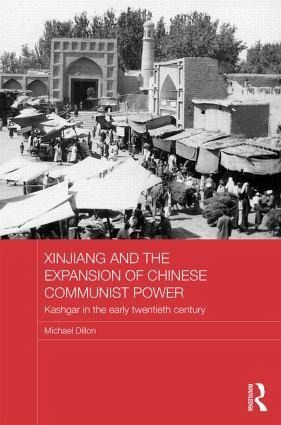
Xinjiang and the Expansion of Chinese Communist Power
Kashgar in the Early Twentieth Century
Versandkostenfrei!
Versandfertig in 1-2 Wochen
205,99 €
inkl. MwSt.
Weitere Ausgaben:

PAYBACK Punkte
103 °P sammeln!
This book outlines the history of Xinjiang. It focuses on the key city of Kashghar, the symbolic heart of Uighur society, drawing on a large body of records in which ordinary people provided information on the period around the communist takeover. These records provide an exceptionally rich source, showing how ordinary Uighurs lived their everyday lives before the communist takeover, and how their everyday lives were profoundly affected by the communist takeover.





